Bett European TeachMeet 2023
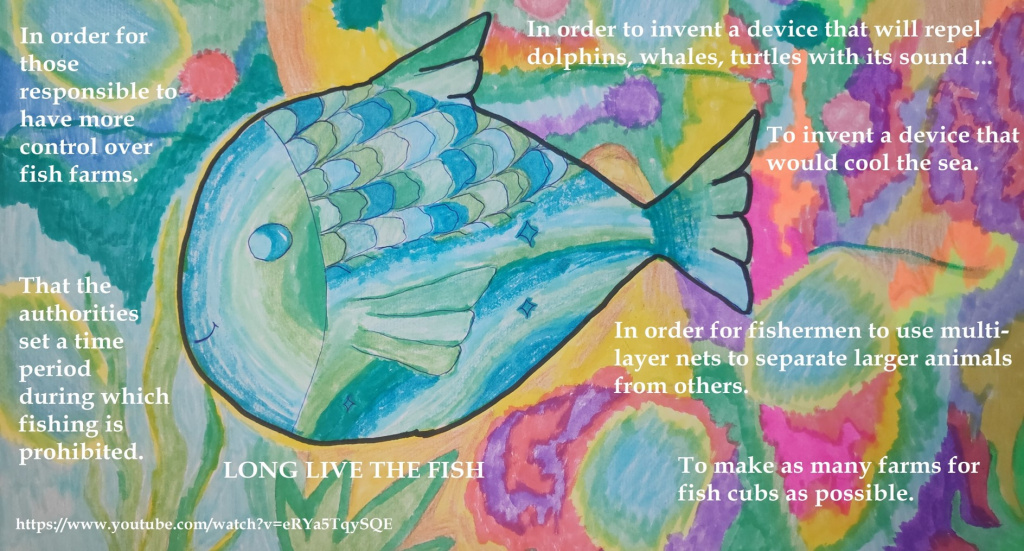
It all started when I decided that my class (5th graders) was going to sign up to The World Oceans Day. I admit, up to that point, I hadn’t really thought much about oceans and seas… Except for daydreaming about vacations.
I knew facts about the sea that we learned in biology, or from popular science shows, or things I heard from an excited child. I also knew that recently there had been an increase in plastic in our seas and that the oceans were getting warmer, I knew that there was a shortage of fish.
While I was preparing for this project, I read countless articles, and looked at material from scientists trying to raise public awareness.
Start local, go big
First of all, my children became guardians of the stream that runs next to the school. I found out that the stream was more important to the children than I had thought. They knew the plants, and animals in it and remembered events such as how someone found a ball there, how they took a boat from home and rode it down the stream, fell into the stream or ate a snail.
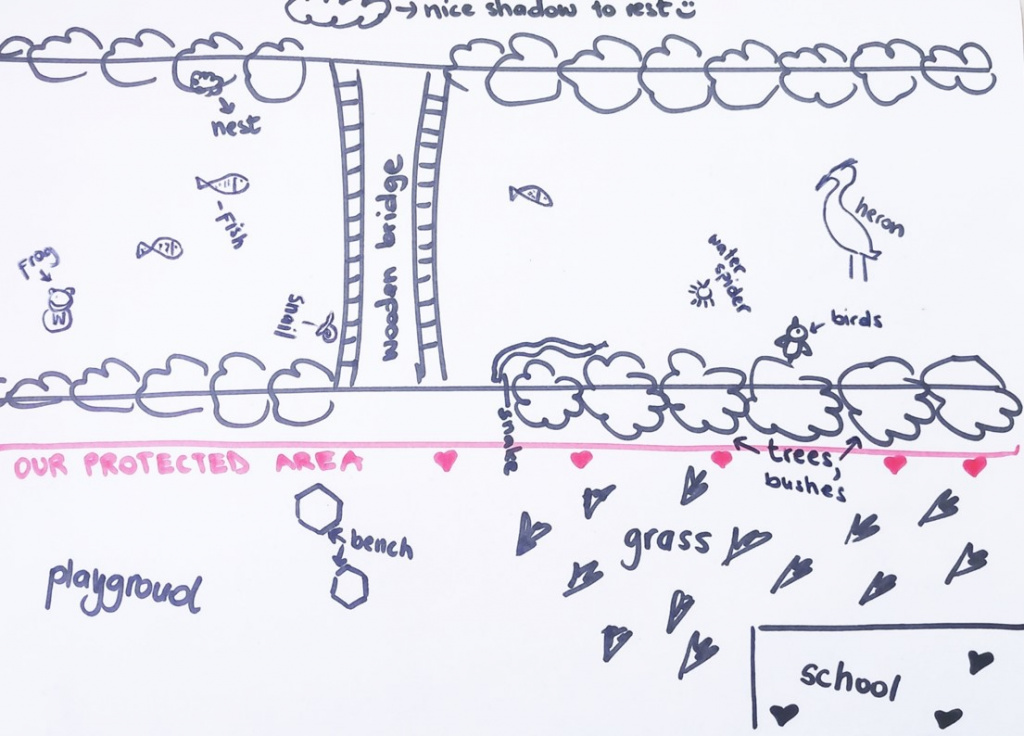
For the follow-up conversation, I used Nearpod, to guide my students from simple ideas to bigger questions. The tool offers many options. We played a quiz where they answered general questions about the oceans (Have humans explored large areas of Mars or the oceans?), drew a picture of what they think of when they hear the word sea. They answered questions (Why is the sea important? What would happen if fish disappeared from the ocean one day?) and watched a video about the importance of oceans with embedded questions that tested their understanding.
Students could choose to answer the questions in a group or individually. The tool gave them time for reflection, writing, group work, and at the same time it motivated them.
It helped me to lead the students slowly from the point where they thought of the sea as a vacation spot to realising how important it is to us, and how important we are to it.
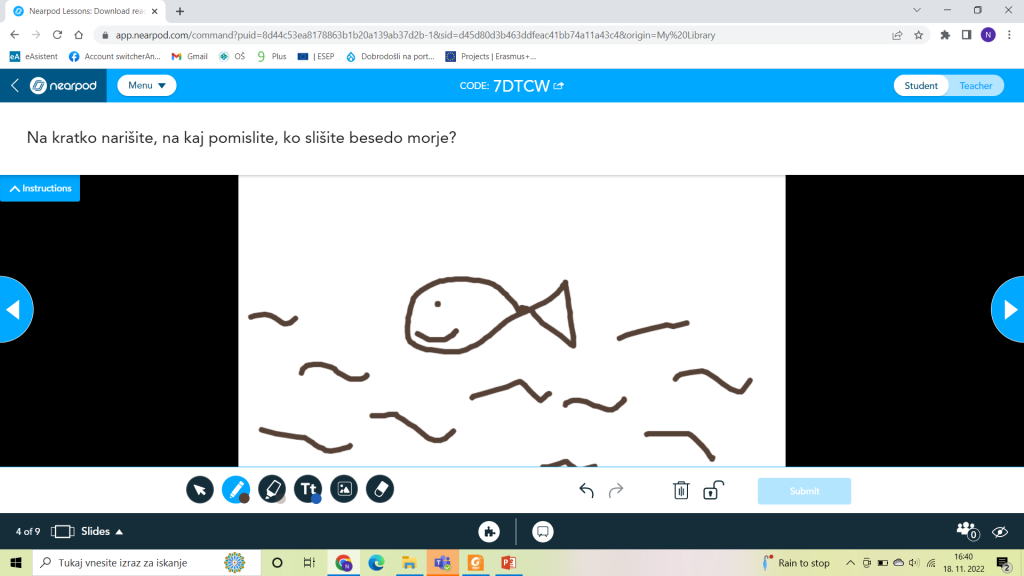
Fishy the fish
And then suddenly we’ve got an email from Fishy the Fish. He sent us a video where he told students that he was in trouble and that the behaviour of people was a threat to fish. He talked about fish disappearing from the oceans because of plastic, because of global warming and also because of unsustainable fishing.
At the end of his speech, he asked students another important question: How can you help the fish? Do you have any ideas for sustainable fishing. I encouraged them to think of as many crazy, amazing ideas as possible. I told them that, even if they sounded strange, they might be very useful. And they had tons of ideas. We found out that scientists were already developing some of these ideas
We did a lot of research about fish, pollution and what we could do as individuals,. We played Minecraft where we saved the oceans. We discovered biomes – a community of plants and animals living together in a certain kind of climate.- and we produced a survey about sustainable living.
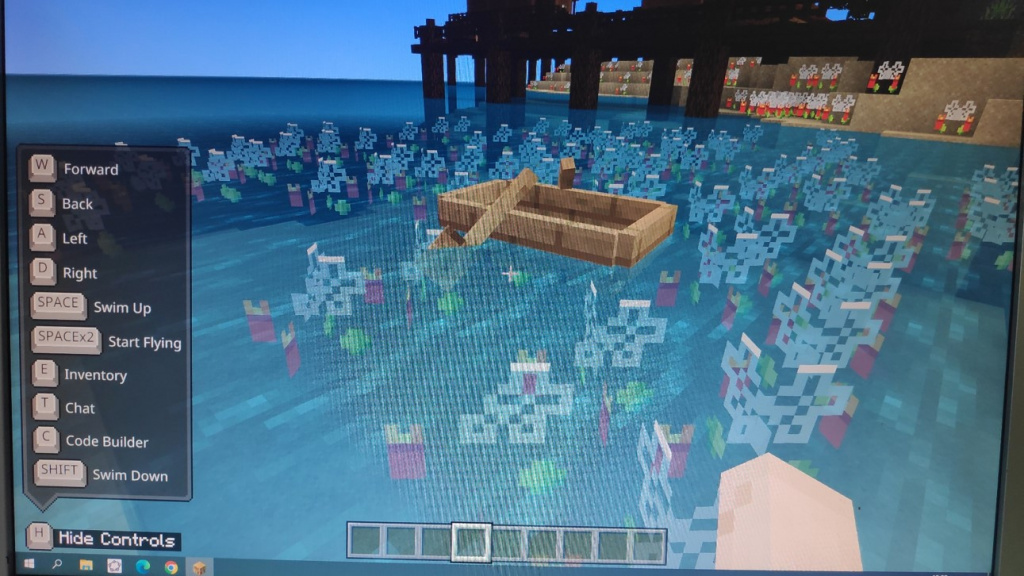
We came to two conclusions:
1. We should live sustainably.
2. We make sure that we buy fish products marked with a certificate that states that the fish were caught by sustainable fishing. Do you know it? It looks like this:
Students in action
But the project wasn’t just about words. The students went to visit all the stores around our city and check where they could find products with the certificate. Many students wanted their parents to pay attention to this. And even today – a year later, many of my students tell me that they only buy products that do not harm fish.
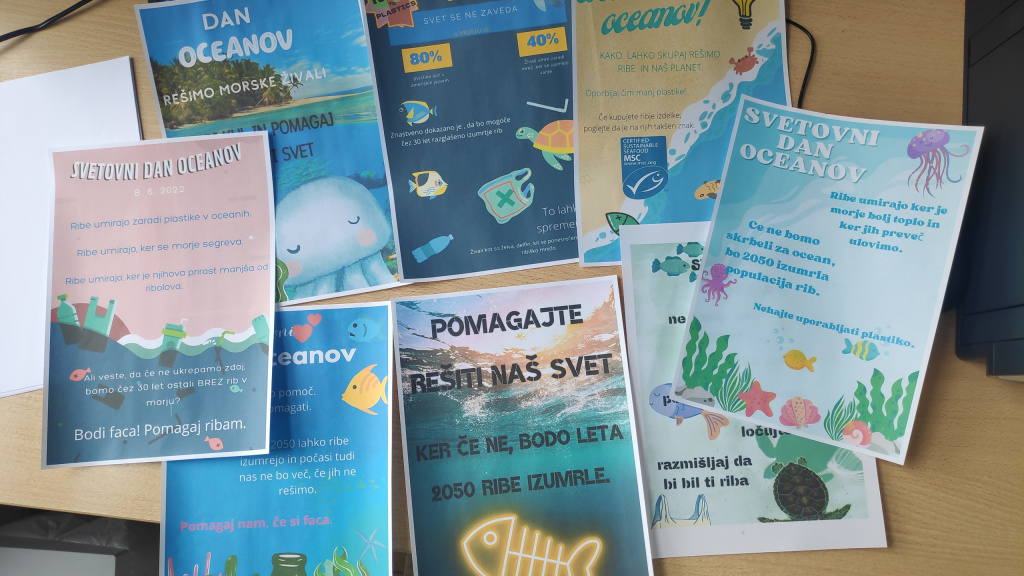
After that we made posters in Canva and filmed a video about our research. We shared the message on social networks, hung them around the school and around town.
You can find our video here: Long live the fish
Maybe our project looks like one small drop in the ocean. But I passed this knowledge on to 23 students. And some of these students passed the ideas on to their parents. And people read our posters, watched our film and you are reading this article right now ….
Nina Jelen won the Betterinternet for kids competition in the teacher category organized byEuropean Commission (2018), and the winner of the Global Teacher Prize for Slovenia (2019). She is also Microsoft Innovative Educator Expert (MIEE) andMicrosoft Certified Educator (MCE).
Nina has published two books for children, and writes articles for the online newspaper Časoris where she advises children. She often lectures to teachers and students, and shares herinnovative ideas on her website ninarije.si.
Register for free
No Credit Card required
- Register for free
- Free TeachingTimes Report every month